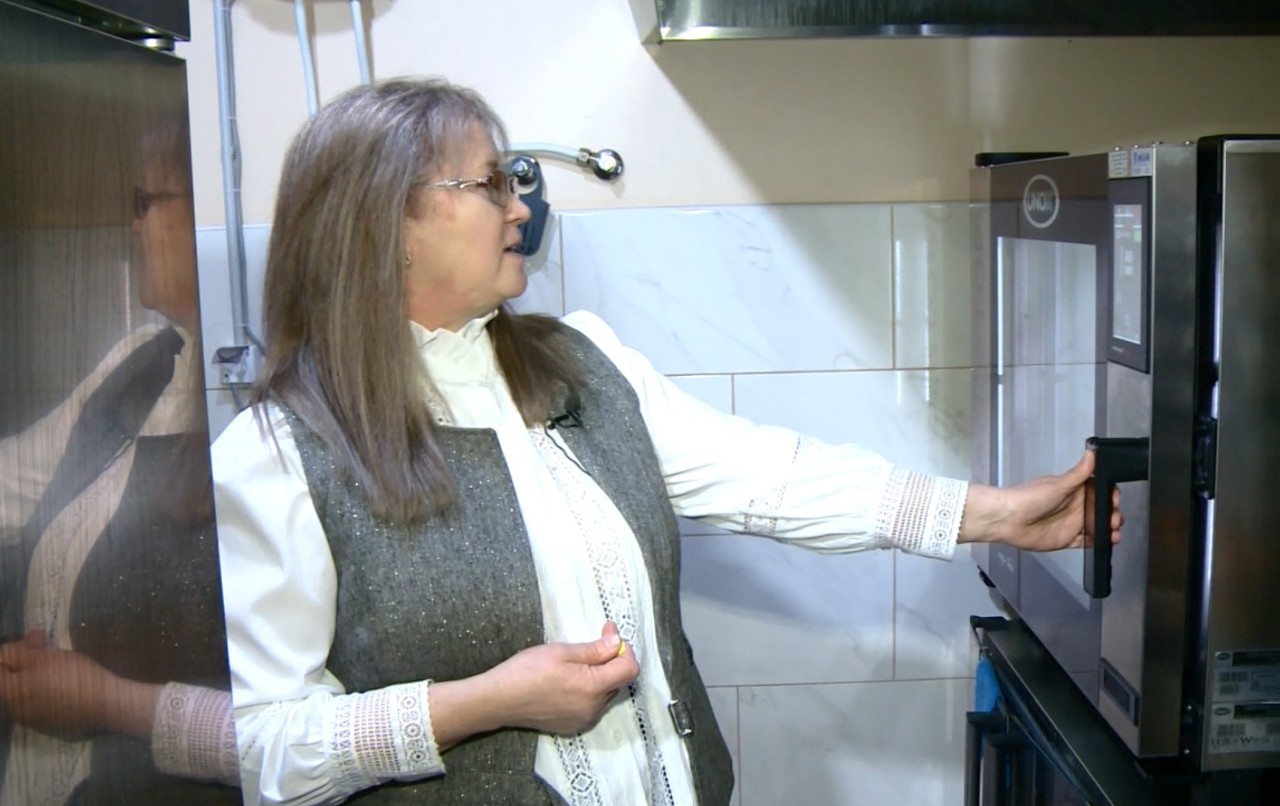Scenarios analyzed by the Ministry of Education for Romanian-language schools on the left bank of the Nistru
The eight Romanian-language schools in the Transnistrian region continue to face difficulties caused by the energy crisis, triggered by Gazprom's decision to interrupt natural gas supplies to the Republic of Moldova. After the first two days of testing the online learning regime, the Ministry of Education is analyzing alternative scenarios to ensure the continuity of the educational process. The scenarios are to be discussed on Monday, January 13, in a meeting with the directors of the affected institutions, Education Minister Dan Perciun told Teleradio-Moldova.

Scenarios analyzed by the authorities:
Extension of the winter vacation: In localities heavily affected by power outages, the vacation could be extended by several weeks, Minister Dan Perciun told Teleradio-Moldova. The lessons could be made up later – either during the summer, or on weekends or during spring break.
Transporting students to other schools: If power outages persist, students could be temporarily transported to other educational institutions in nearby towns on the right bank of the Nistru. However, Minister Dan Perciun warned that this option involves “logistical challenges and risks,” including possible obstacles imposed by the unrecognized authorities in Tiraspol.
Online education: Although initially preferred by school managers, online lessons have become a challenge due to power outages. The ministry will analyze the effectiveness of this regime on Monday based on feedback received after the first two days of implementation, the minister said, in order to decide whether or not to continue implementing the scenario.
Generators – a “less feasible” solution
Asked if the Ministry of Education is considering equipping high schools with electricity generators, Minister Dan Perciun explained that this option is difficult to achieve.
“The problem is not in costs, the problem is in terms. (…) Providing generators is less feasible, because we have the situation with the electrical network in institutions, we have situations with transporting these generators to institutions and this depends on the openness of unrecognized authorities, respectively, it may encounter obstacles in this regard as well”.
Dan Perciun said for Teleradio-Moldova that the Ministry of Education will decide on Monday, January 13, based on the reports of school principals, which of the solutions is the most appropriate for each affected locality. The Ministry says that, depending on the evolution of the energy situation, the solutions could vary from one institution to another.
“We will discuss once again how the first two days online were for each school, what the interruptions were and what options they prefer in the future – to extend the vacation, expecting that things will improve towards the end of January in terms of electricity supply, or to explore the option of transportation, however, with all the associated risks, which may include obstructions from unrecognized authorities.”
We remind you that the students of the eight Romanian-language schools in the Transnistrian region returned to classes on January 9, most of them online. They were to learn remotely, according to an order signed by Minister Dan Perciun on January 3, until January 31. The measure was taken after the Russian concern Gazprom suspended the delivery of natural gas to the Republic of Moldova, with the localities in the Transnistrian region, including those in the Security Zone, being directly affected by this decision. Thus, starting with January 1, thousands of residents of the Transnistrian region have been left without heat and hot water, and since January 3, widespread power outages started. In educational institutions in the Transnistrian region that are not subordinate to the Ministry of Education, the winter break has been extended until January 20 by the decision of Tiraspol.





